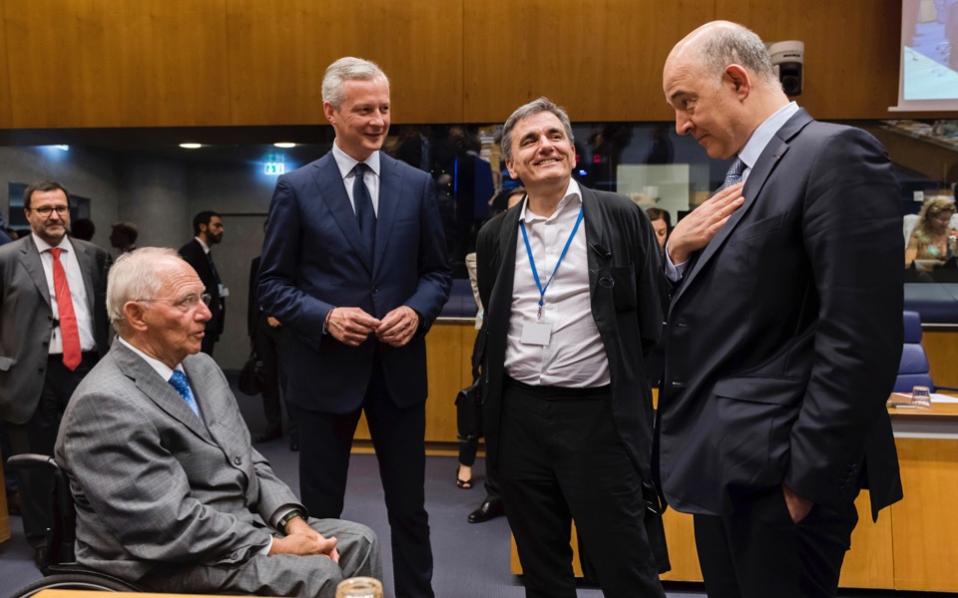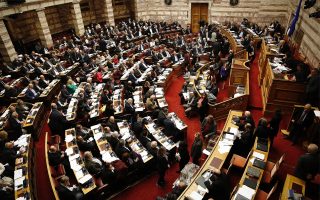Government ‘satisfied’ with Eurogroup package

The government has likened the financial agreement struck by Eurozone finance ministers on Thursday in response to the Covid-19 pandemic to a prescription of painkillers when what is really needed is antibiotics.
It was nonetheless satisfied overall with the outcome.
The package, worth a total of 540 billion euros, includes 240 billion from the Enhanced Conditions Credit Line (ECCL) of the European Stability Mechanism (ESM) for eurozone member-states, 200 billion in business loans – with an emphasis on small and medium-sized enterprises – from the European Investment Bank and 100 billion in other loans.
Greek government officials see the agreement as a first step and predict that more financial tools will be made available in the near future to mitigate the unprecedented financial crisis caused by the global pandemic.
They also find it encouraging that there is a consensus among eurozone countries that bold and radical decisions are needed.
Finance Minister Christos Staikouras described the decision shortly after Thursday’s video conference as a “satisfactory agreement” – a phrase that is clearly not as enthusiastic as “good,” which was chosen by some of his eurozone counterparts.
His remarks were also seen to reflect his anticipation of even more forceful decisions, which, he said, should serve as “the springboard for even more ambitious European initiatives – in the future.”
Government sources, however, see the decision regarding the creation of a recovery fund as a positive move, as it will serve as an extra tool to combat the crisis.
According to experienced analysts who spoke with Kathimerini, this fund may eventually be incorporated into the EU budget, avoiding the creation of a so-called “corona bond,” which was requested by nine countries, including Greece, but no mention was made of it at Thursday’s conference.
At the same time, there are government concerns about whether the strengthening of the European mechanisms will be geared to include broader economic recovery or will only aim to cover increased spending on healthcare, with the Dutch finance minister saying the ESM can provide unconditional financial assistance to countries for healthcare costs.





